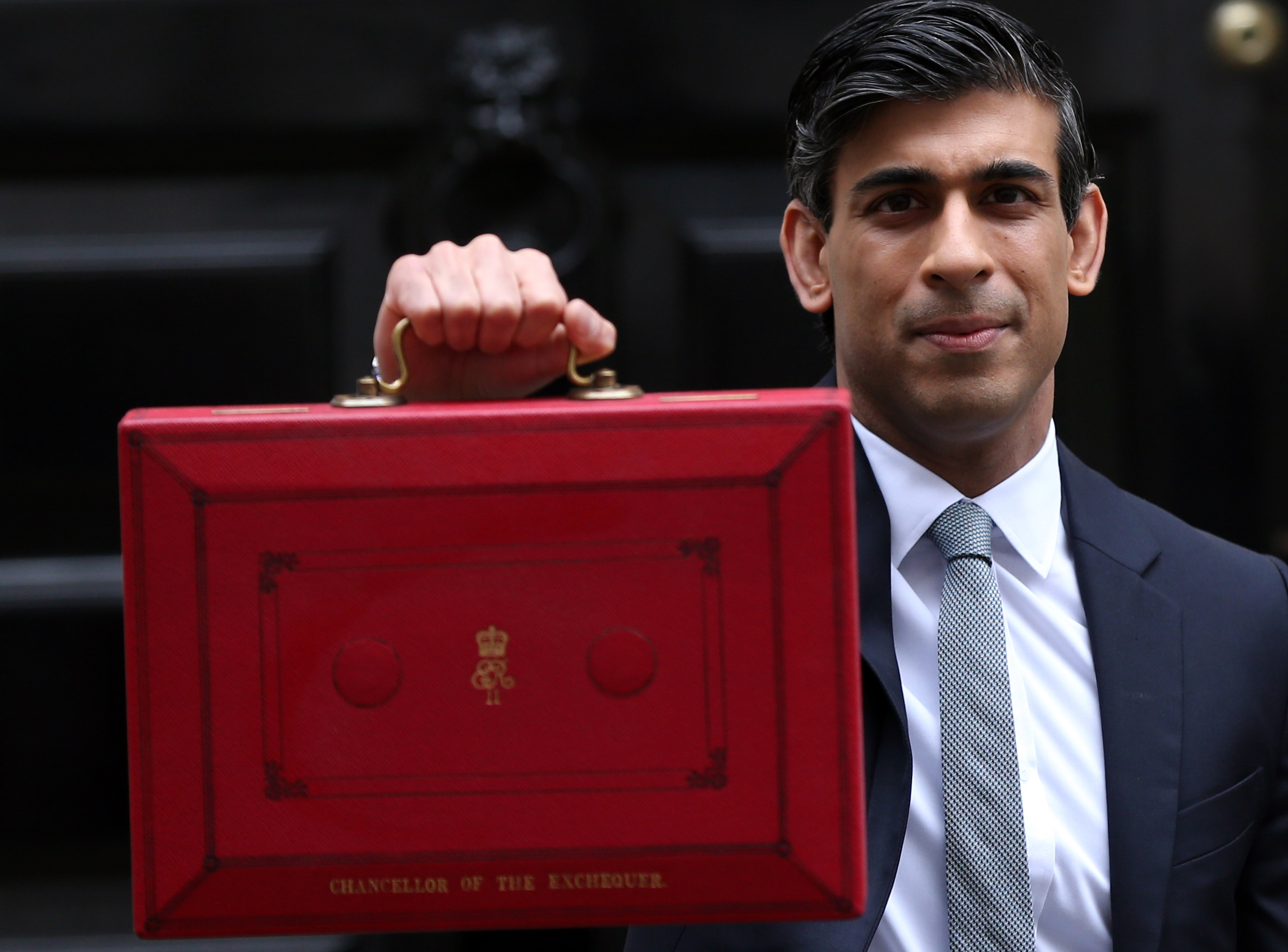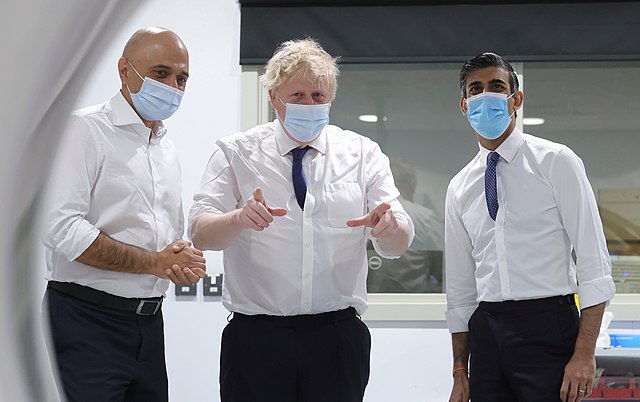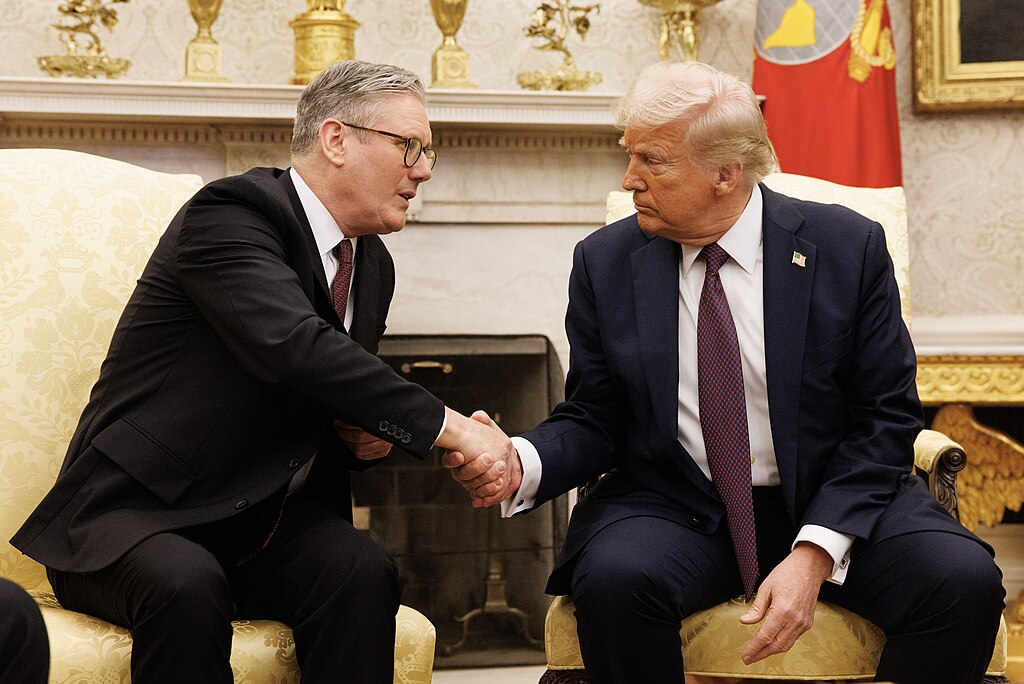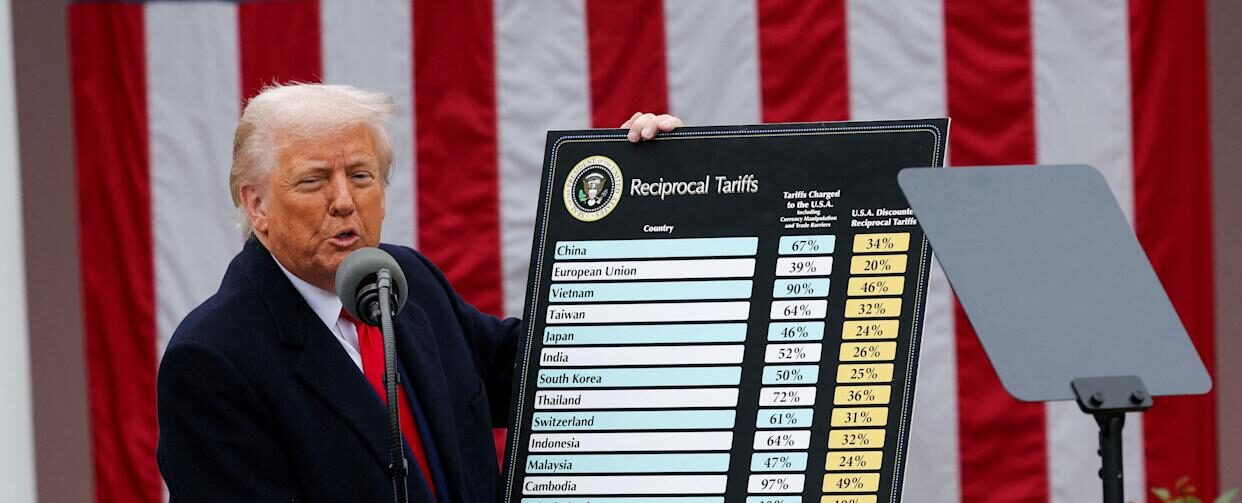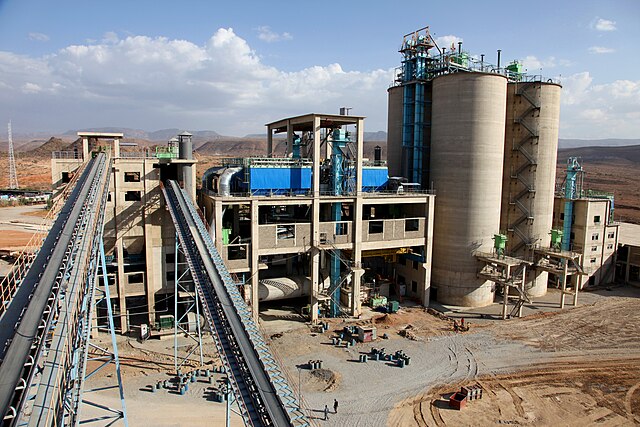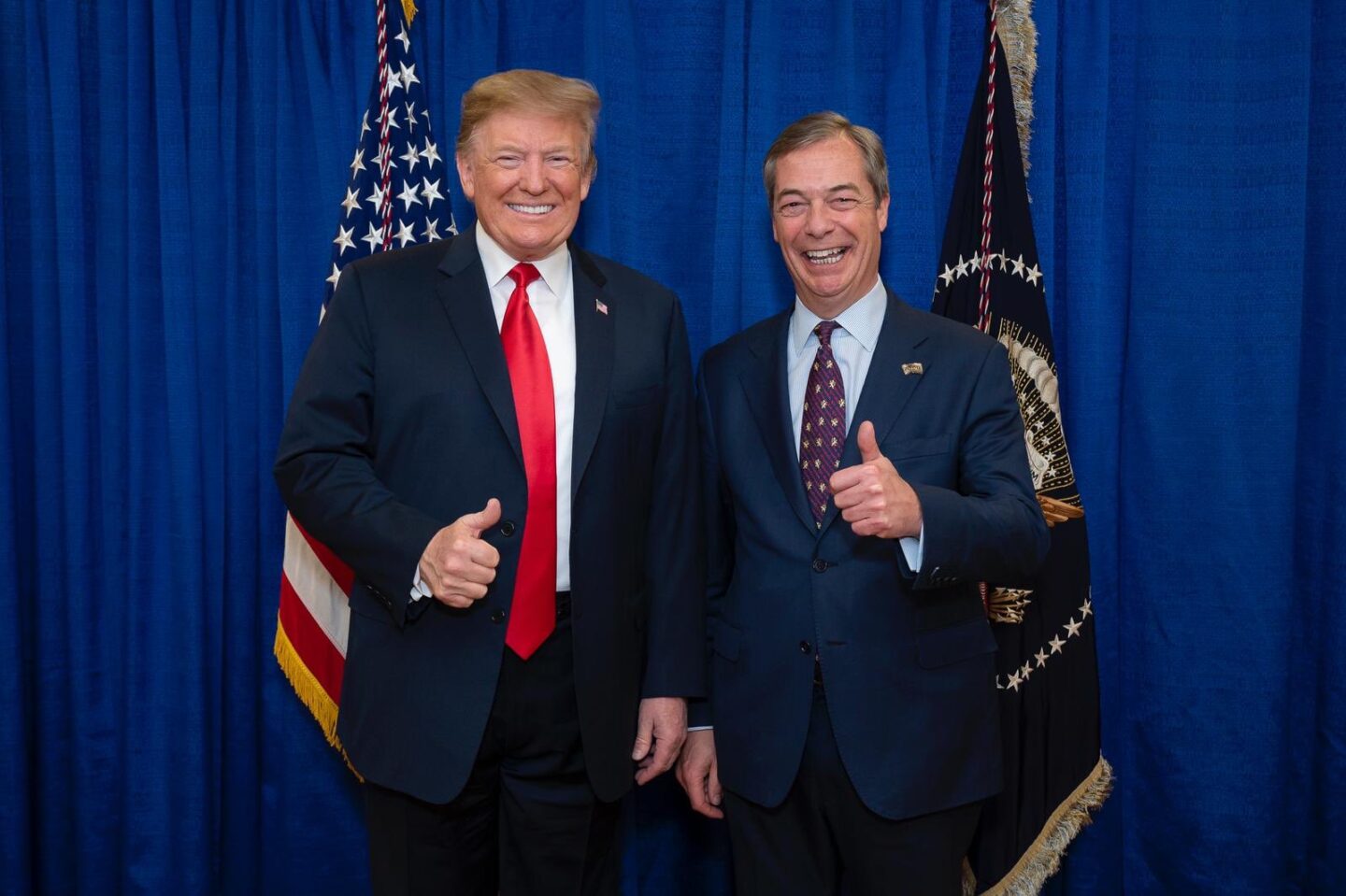 Chancellor Rishi Sunak is often floated as a frontrunner for a leadership competition. Party members polled put his prospects at a close second to Foreign Secretary Liz Truss. Greater popularity among the wider public may be due to media coverage during the pandemic; but may wane as the fallouts of the furlough scheme come home to roost.
Chancellor Rishi Sunak is often floated as a frontrunner for a leadership competition. Party members polled put his prospects at a close second to Foreign Secretary Liz Truss. Greater popularity among the wider public may be due to media coverage during the pandemic; but may wane as the fallouts of the furlough scheme come home to roost.
Despite promises to be a fiscal conservative, astutely aware that he’s always “spending someone else’s money,” Sunak has stuck to a high-tax agenda. For the country’s financial stability, and his own upward career mobility, the Chancellor’s next budget must be impeccably balanced. But what will, and what should, it contain?
Pandemic policies caused debt to eclipse GDP by 6 per cent in 2021. To pay for this, the Bank of England conducted over £100bn in quantitative easing. A cabalistic international rise in corporation tax will also see costs internalised by businesses into consumer goods prices — and removes a race-to-the-bottom competition for corporate tax rates as a tool in Britain’s economic recovery arsenal. Working families are seeing inflation hit their pocketbooks.
‘Black Thursday’ saw the worst fall in living standards in more than 30 years, with the Bank of England’s inflation rate estimate of 7 per cent expected to be exceeded in April when Ofgem’s price cap adjustments add an average £693 per household to energy bills. The PM’s claim that “we have the fastest growing economy in the G7” is unravelling: the tail-end of 2021 saw our growth slow to fifth place.
With Lord Agnew’s resignation in protest over billions in unrecovered funds in loans paid to ghost companies, pressure is mounting for Sunak to recover lost Treasury revenue, and tax cut our way out of a cost of living crisis.
Chair of the Treasury Select Committee, Mel Stride MP, proposed a one-off wealth tax to alleviate some national debt. But given Britain’s history of a failed formulation and implementation of this policy, the Chancellor is unlikely to adopt it. Instead, a proportional property tax has been proposed to replace stamp duty and council tax; in the way universal credit amalgamated various benefits programmes.
This annual 0.48 per cent tax on property value could curb price inflation in the housing market, combining with the plans in Michael Gove’s levelling up whitepaper to convert “generation rent” into first-time buyers. It could also simplify the tax burden, while working to recover costs of the furlough scheme and PPE/vaccine procurement programmes.
There could also be plans to apply Anthony Browne MP’s successful Tax Increment Financing proposal to other infrastructure across the country. The mechanism models economic growth stimulated by infrastructure upgrades in a region over 25 years, and factors that cost into increased Business Rates payments. It financed the recent Northern Line extension to Battersea Power Station after the Treasury had declined to pay the up-to £1 billion cost. This could salvage the decommissioned extensions to HS2, and make good on the Red Wall promise of greater rail connectivity to the nation’s capital.
The cost of social care will loom large over any budget announcement. The Cabinet is split over the regressive 1.25 per cent rise in National Insurance. The policy will see average graduates pay 42 per cent of their income in tax, but will do nothing to amend the systemic issues with the NHS which cause it to be a bottomless pit of public funds.
Thankfully, government decided against sacking 77,000 staff who have not had a COVID vaccine. The policy would have worsened the 5.6 million NHS waiting list for non-elective surgeries, which would inevitably cost more lives than Covid. But there are still concerns about costly bureaucracy. 42 new six-figure salary managerial roles were announced after the NI rise was announced. “Diversity Managers” are salaried £70,000 annually to write blogposts on “abolishing whiteness.” Funds trickle endlessly up the managerial chain, while disparities in treatment access and outcomes widen.
Conflicting reports claim Sunak has referred to the Social Care Levy as “the Prime Minister’s tax”, to distance himself from repercussions. As such, the Chancellor may take the advice of the Institute for Fiscal Studies, and delay the increase by a year to buy time for alternative proposals. The same ethos will likely be applied to the manifesto breaching axe of the triple-lock on state pensions. The cancellation could be reversed as inflation increases.
With the bankruptcy of 25 UK energy firms, rising gas prices caused by disastrous German and U.S. energy policy, and potential conflict with Russia, the budget must also address the burden of fuel costs on families. Labour’s windfall on oil and gas will be internalised by companies in the form of rising consumer costs, worsening the price crisis long-term.
Business Secretary Kwasi Kwarteng has adopted the Adam Smith Institute’s recommendation to use a Regulated Asset Base model to fund new nuclear power plants for low-emission energy independence. In the meantime, the Chancellor must announce new tax breaks for investment in carbon-captured gas extraction in the North Sea. Permissions have been passed for new drilling and surveying. But provisions must be expanded to repatriate energy production, and untangle us from supply chains predicated on precarious political alliances.
The Chancellor could also leverage his fanaticism for free-ports and bring the principle in-land: exempting investments in job-creation for sustainable industries and infrastructure from capital gains tax. These “Eco-tunity Zones” would be modelled on U.S. Senator Tim Scott’s “Opportunity Zones,” and make good on Net Zero and Levelling Up commitments simultaneously.
The Chancellor’s viability for a vacated Downing Street is contingent on how well the upcoming budget is balanced. As Siobhan Bailey MP recently told a Conservative Environment Network conference, “”We are going to have to remake some of the case for reaching the net zero target because of the cost.” Carbon taxes will be a hard-sell to a hard-hit Red Well, without any element of revenue neutrality. Sunak should beware his desire to go green putting our nation in the red.

